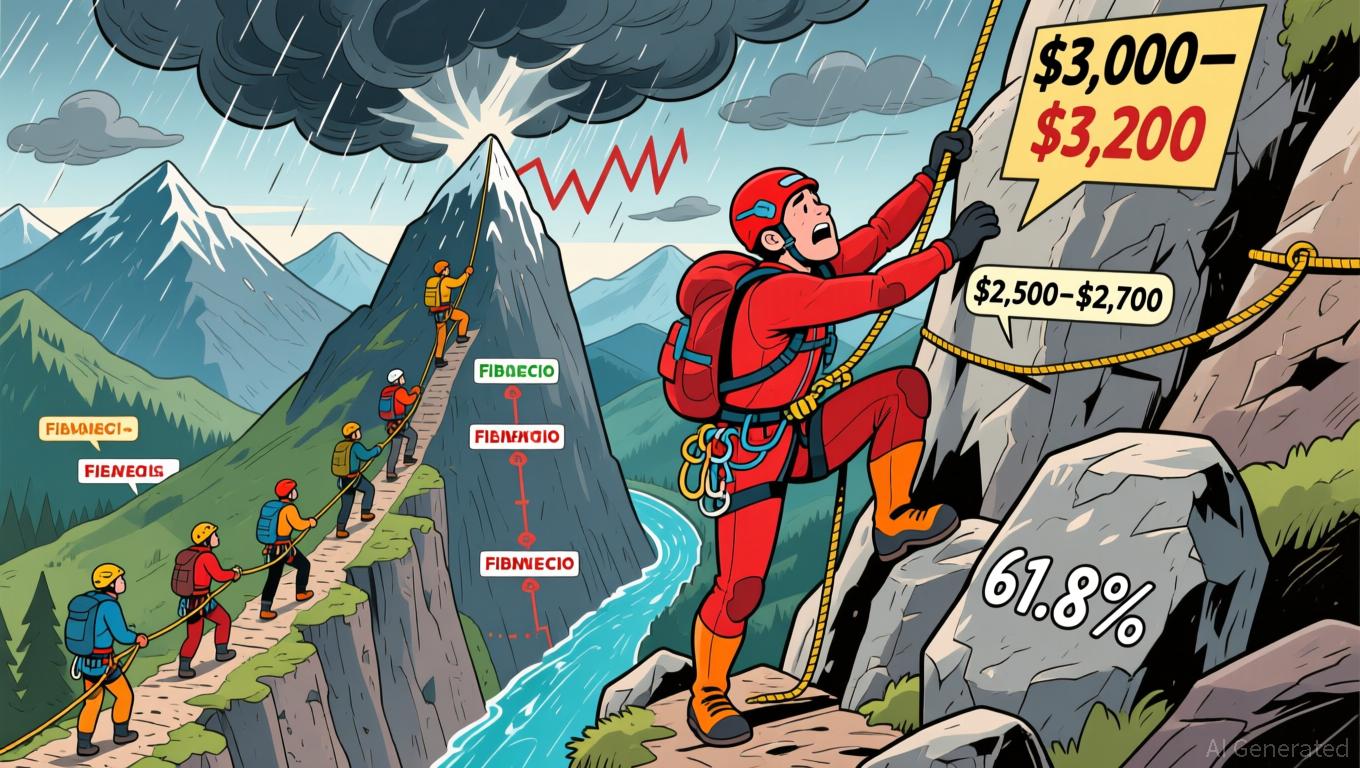AI’s Efficiency Revolution: Will It Liberate Us or Create Additional Demands?
- AI is transforming industries through automation, defense strategies, and resource reallocation, with UiPath and Palantir leading growth in enterprise and defense sectors. - UiPath reported 14% YoY revenue growth ($362M) and 108% net retention, leveraging AI-powered automation to streamline repetitive tasks and outpace pure AI competitors. - Palantir surged 300% in 2025, securing $10B U.S. Army and £1.5B UK defense contracts, but faces valuation skepticism at 100x sales despite $1.03B Q2 revenue. - BigBe
AI is revolutionizing various sectors by streamlining processes, altering defense tactics, and changing how organizations manage their time and assets. As companies such as
UiPath

At the same time, Palantir Technologies
BigBear.ai Holdings, Inc. BBAI is also establishing itself in the defense AI space, securing contracts in autonomous technology and border security, as outlined in a
Although the technological and economic effects of AI are evident, the impact on people remains a key issue. Shane Parrish and Laurie Santos discuss the idea of "time affluence," suggesting that AI’s ability to handle routine tasks could reduce stress and improve quality of life, as mentioned in a
The integration of AI into automation, defense, and daily routines highlights its far-reaching influence. Yet, as demonstrated by UiPath, Palantir, and BigBear.ai, the real impact of AI will depend not only on its technical abilities but also on the choices society makes in applying it.
Disclaimer: The content of this article solely reflects the author's opinion and does not represent the platform in any capacity. This article is not intended to serve as a reference for making investment decisions.
You may also like
CME Suspension: Global Market Vulnerabilities Revealed by Thermodynamic Constraints
- CME Group halted Globex trading on Nov 28, 2025 due to CyrusOne cooling system failure in Chicago, freezing 90% of global derivatives markets. - The outage caused erratic price swings in gold/silver and disrupted EBS forex platforms, exposing vulnerabilities in third-party data center reliance. - Despite post-holiday timing softening immediate impact, the incident highlighted systemic risks from thermodynamic limits in AI-era infrastructure. - CME faces pressure to build redundant systems as it expands c

Turkmenistan's Approach to Cryptocurrency: Navigating Government Oversight and Public Confidence
- Turkmenistan will implement strict crypto regulations from 2026, requiring miner registration, exchange licensing, and anti-money laundering protocols under President Berdimuhamedov. - The framework mirrors Central Asian neighbors' approaches but prohibits anonymous transactions, national symbols in branding, and hidden mining operations. - While aligning with global crypto oversight trends, the law maintains state control over digital assets, raising questions about market viability amid Turkmenistan's

Ethereum Updates Today: Institutional Optimism Meets Technical Challenges: The Pivotal Moment for Crypto
- Ethereum and XRP face critical technical junctures on Nov 28, 2025, with ETH testing $2,500–$3,200 support and XRP hovering near $2.30 amid mixed signals. - Bitcoin's bearish trend (50-day EMA at $100,937) contrasts with JPMorgan's "tradable macro asset" designation, potentially attracting institutional capital. - Solana's BONK memecoin launches a physically-backed ETP on SIX Swiss Exchange, bridging meme coins and traditional markets amid SOL's $140 support risks. - Market dynamics highlight institution

How a Query from an Office Supplies Specialist Transformed a $12 Billion Trucking Approach
- A non-trucking board member's question prompted Ryder System to shift focus from leasing to targeting 80-85% of companies owning their own trucks. - The strategic pivot aligns with growing demand in long-haul freight driven by e-commerce, trade agreements, and tech innovations like IoT fleet management. - Industry consolidation and sustainability trends, including electric trucks, are reshaping competition as firms expand specialized services like temperature-controlled logistics. - Ryder's experience hi
